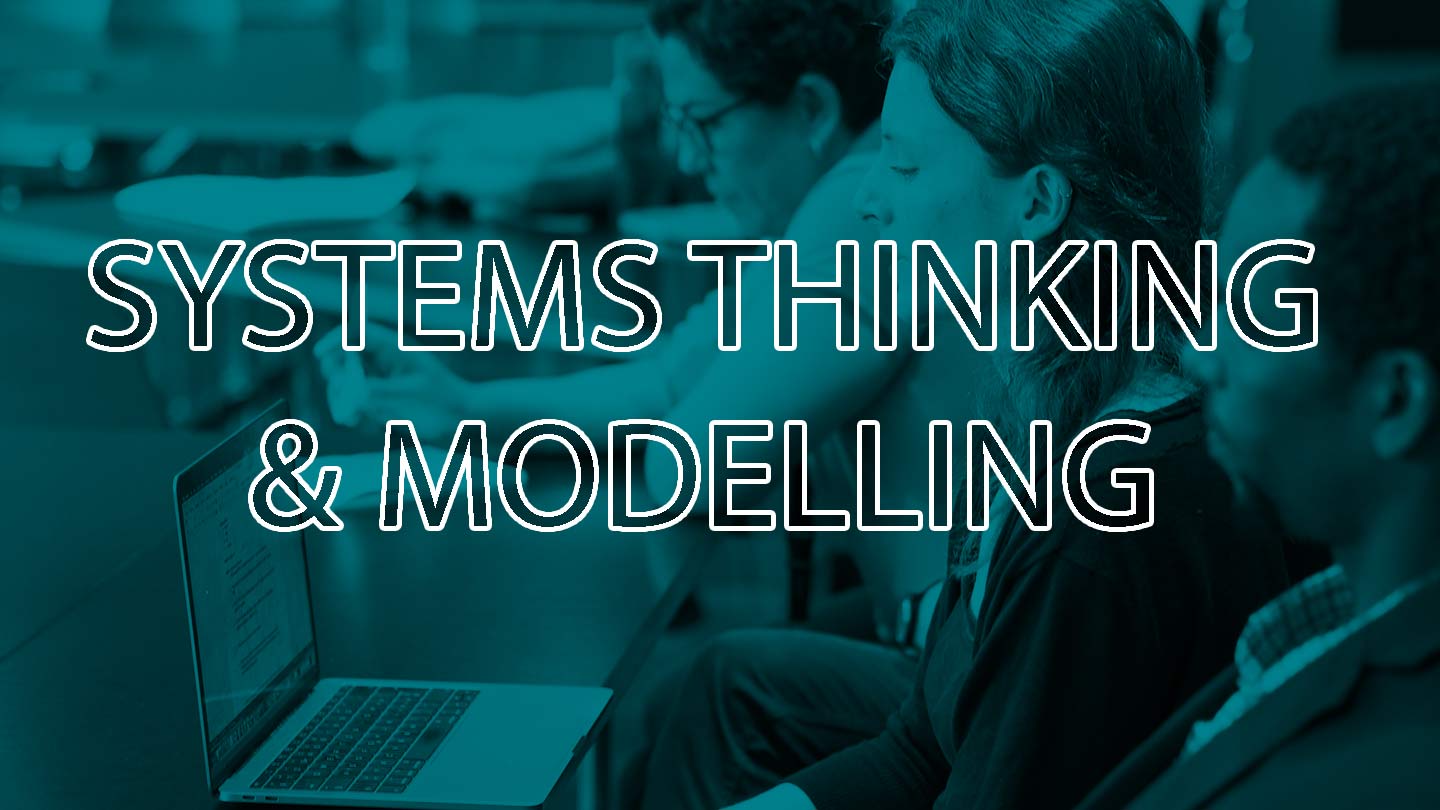Introduction to Systems Thinking & System Dynamics Modelling to prepare and respond to public health challenges with a focus on AMR
In this course, participants will be exposed to the principles of Systems Thinking & System Dynamics Modelling, while learning how to model a part of the physical system and perform economic evaluation of various alternative strategies.

Course facilitated by:
About the course
The course is a “hands on” entry level course to expose participants to the principles of Systems Thinking & System Dynamics Modelling. Public Health policy examples of the use of these techniques will feature heavily in the course content. We will be focusing on the cost and socio-economic implications of Antimicrobial Resistance (AMR). Participants will learn how to model a part of the physical system and perform economic evaluation of various alternative strategies, including the use of optimization techniques to find the “best" solution.
Learning objectives
By the end of the course participants will be able to:
- Recognize a Systemic Problem;
- Draw a Causal Loop Diagram;
- Build a System Dynamics model of a Public Health Issue;
- Perform an economic evaluation of proposed interventions;
- Explain Complex Systemic problems to others in a transparent and convincing manner.
Prerequisites
- Basic numeracy & computer skills.
- Students will be provided with a free Workshop copy of the “Stella” software. It is preferrable, but not essential, that all students familiarize themselves with the use of this software prior to the start of the course (https://www.iseesystems.com/resources/tutorials/).
Pedagogical methods
- Lectures;
- Interactive Discussions;
- Small Group CLD drawing;
- Student Presentations;
- Hands on Computer modelling.
Pedagogical methods
Assessment procedure
To get the Certificate of completion and the 1ECTS participants MUST:
- Attend at least 80%of the course;
- Attend the plenary(s) offered during the days of the course;
- Submit either a CLD or System Dynamics model relating to AMR created in Stella within 1 week of completing the course.
Format description
The facilitators plan to be in Lugano, and the course will be held entirely on-site. In case of a change of regional policies (e.g., Covid) or personal reasons, the course could change to online or hybrid format. The course will take place at Università della Svizzera italiana (USI).


